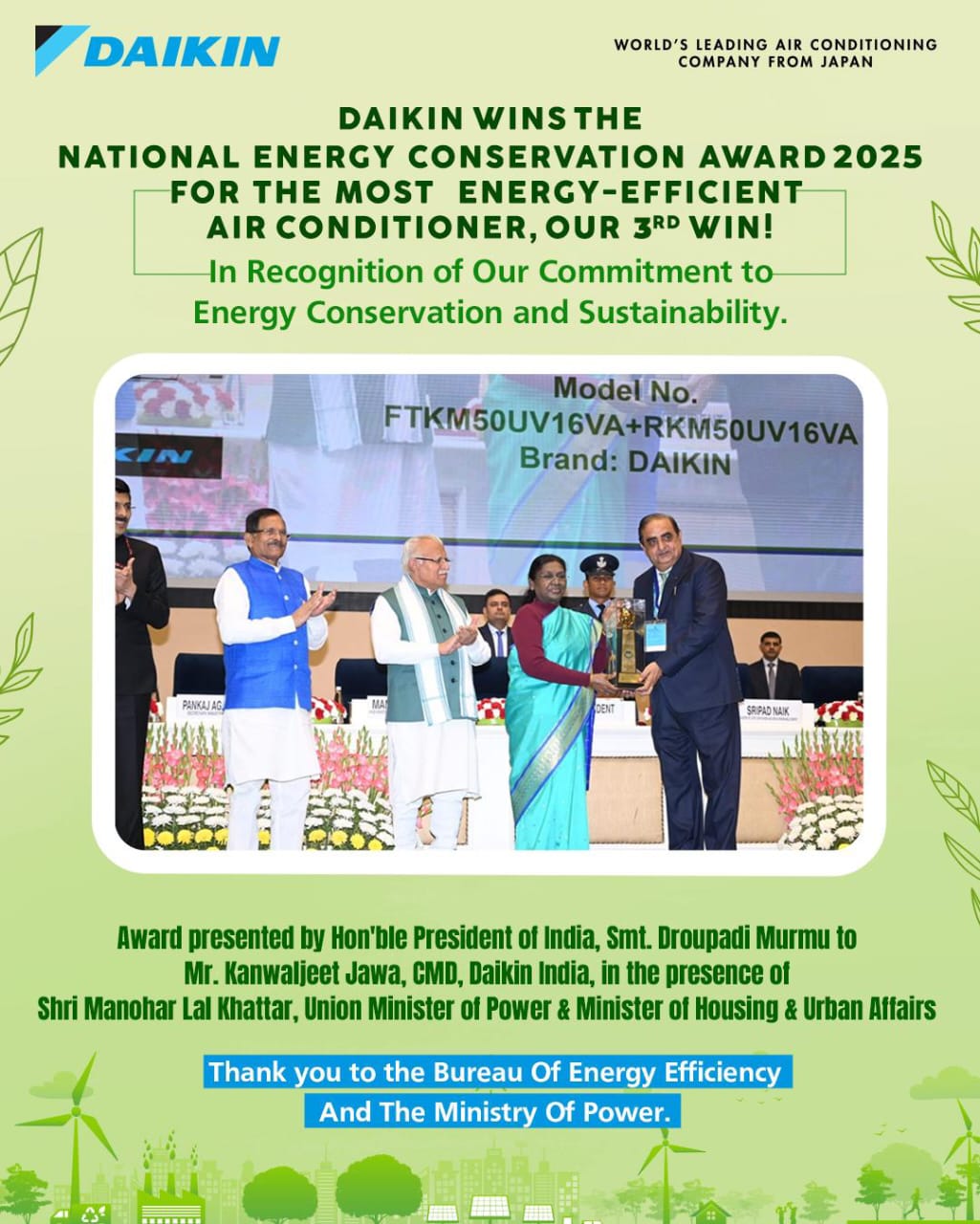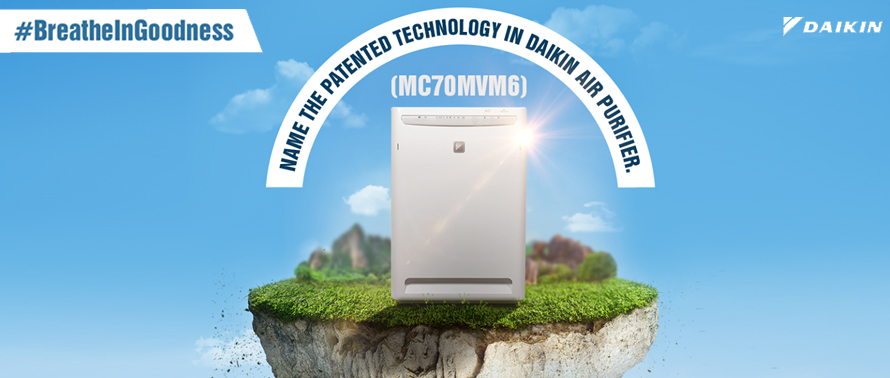
The rise in India’s air pollution over a quarter century has been startling and is now surpassing China’s as the deadliest in the world. The number of deaths in China caused by dangerous air particles, PM2.5, has stabilized in recent years but has risen sharply in India, according to a report by the Health Effects Institute, an independent research organization which provides high-quality, impartial, and relevant science on the health effects of air pollution, located at Boston and the Institute of Health Metrics and Evaluation, a population health research center in Seattle. India has registered an alarming increase of nearly 50 percent in premature deaths from particulate matter (PM) between 1990 and 2016 and the worsening air pollution causes 1.1 million people to die prematurely each year.
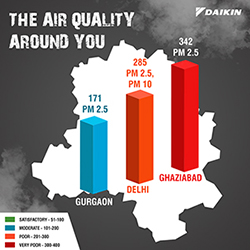
Air pollution in 15 cities across the world has deteriorated to such an extent that exercising for 60 minutes or more could do more harm than good and India is home to more than half of these 15 cities. Streets of traffic-clogged metro cities like Delhi resemble a gas chamber, requiring people to wear facemasks and schools to be shut down. Hyderabad, Mumbai, Chennai, Bangalore, and Pune, are no better.
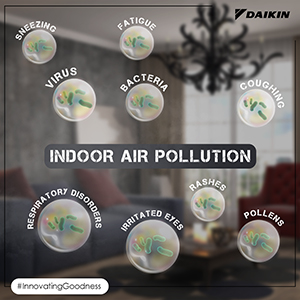
The indoor air is much more polluted in comparison with the polluted air outside, emerging as one of the top five environmental health risks. Household air pollution causes more deaths than outdoors with researchers emphasizing that 40 percent of all the diseases burden can be attributed to it. High PM2.5 and CO2 levels are the major contributors.
Air purifiers help in removing contagion from the air in a room. Though India’s air purifiers market is at a very nascent stage, especially when compared with adoption in developed countries, the market is expected to evolve exponentially. Increasing consumer awareness, rapid urbanization, and surging pollution levels in the country are expanding the market. Increasing cases of respiratory diseases caused by various pollutants in the air, spiking emissions from automobiles, and emergence of portable air purifiers are expected to boost demand for air purifiers over the course of next 5 years. Moreover, growing demand for air purifiers from the commercial sector due to increasing incidences of bacterial infections and other communicable infections are pushing sales.
Several multinational companies have entered the Indian market in the last 3 years. Estimated at Rs 310 crore in 2016, demand is projected to reach Rs 1810 crore by 2022, at a CAGR of over 33 percent over the next 5 years. Tier-I cities are generating maximum demand, with the northern parts of the country dominating by almost 80 percent.
Organized retail has emerged as a key sales channel for air purifiers. Expanding urbanization, rising expenditure on lifestyle products along with growing awareness regarding harmful effects of air pollution, and rising incidences of respiratory diseases due to increasing pollution levels are expected to propel demand for air purifiers in the coming 5 years. These factors coupled with aggressive marketing strategies and introduction of customization options by the leading manufacturers are anticipated to positively impact the market in the coming years. Online sales constitute 25 percent of the total overall market.
Air purifiers have the ability to trap hazardous pollutants including volatile organic compounds (VOCs), PM, ozone, carbon dioxide, chlorofluorocarbons (CFCs), and unburned hydrocarbon, which can cause a variety of respiratory diseases such as asthma, chronic obstructive pulmonary disease (COPD), and infections such as influenza, pneumonia, tuberculosis, and lung cancer.
The Indian air purifiers market is mainly import driven with both domestic and international brands importing the products. Most companies are currently importing either fully or in parts, for assembling in India. Brands are focusing on introducing innovative product offerings to attract customers and increase their foothold in the market. They are launching air purifiers based on multiple filtration technologies such as high efficiency particulate air (HEPA) and activated carbon air purifiers, ion, and ozone generator air purifiers; and various other small and compact air purifiers to address different consumer requirements. Companies are also launching new innovations in their product portfolio, such as photocatalytic oxidation technology based air purifiers, purifiers with streamer discharge technology and Nanoe G air purification systems. This trend is expected to result in availability of a plethora of product offerings for consumers in the coming years. In view of a move toward green building, desire to save energy costs and reduce carbon footprint, the manufacturers are focusing on developing energy efficient purifiers. Moving forward, demand is expected to be driven by energy efficiency.
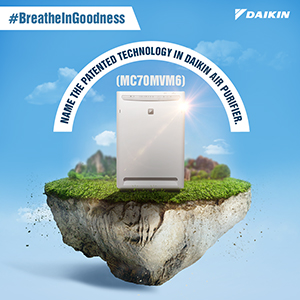
Daikin addresses this life threatening issue with a unique air purifying technology, which protects the indoor air environment. The six-stage filtration removes pollutants from PM0.1 to PM10. The company’s patented streamer discharge technology removes up to 99.99 percent of the viruses and germs, minimizing asthma and allergy symptoms. Compared to standard plasma discharge, the discharge range of Daikin’s streamer discharge is wider, which makes it easier for electrons to collide with the oxygen and nitrogen molecules in the air. This enables activated molecules to be generated three dimensionally over a wide area, which results in an oxidative decomposition speed that is over 1000 times greater with the same electrical power. Daikin’s streamer discharge technology has proven successful in stably generating high-speed electrons. The causes of bad odors are decomposed and removed by streamer and filter technologies. The unique air intake design enables a greater volume of air to be cleaned for faster air purification. Bacteria and viruses are thoroughly adsorbed by the titanium apatite and then removed by the titanium apatite photocatalytic filter. Daikin air purifiers are CE certified, signifying that products sold in the EEA have been assessed to meet high safety, health, and environmental protection requirements. With constant innovation in comfort and energy efficiency, Daikin air purifiers serve the benchmark for quality within the industry.
Daikin promises Healthy Air, Healthy Life.


